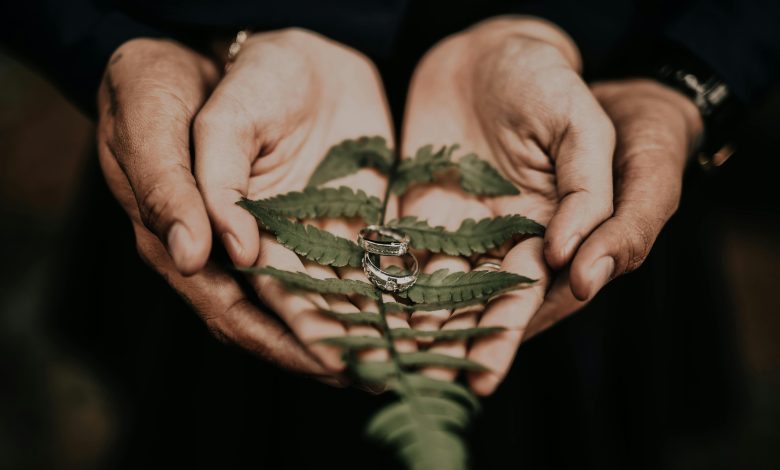Mixed Marriage in Indonesia

Understanding Mixed Marriage in Indonesia: Navigating Culture, Law, and Love
Mixed marriage, or “perkawinan campuran,” is a term in Indonesia for marriages between Indonesian citizens and foreigners. With globalization and cross-cultural exchanges, these unions have become more common. Yet, mixed marriages in Indonesia come with unique complexities shaped by culture, legalities, and social expectations.
A Blend of Cultures
In mixed marriages, Indonesian and foreign partners often bring together vastly different cultural backgrounds. This diversity can be enriching, exposing each spouse to new traditions, languages, and lifestyles. However, it also requires flexibility and a willingness to adapt. Everyday routines, social customs, and even food preferences may differ widely, and adjustments are part of making these marriages work. For example, during holidays or family gatherings, partners may have to negotiate which traditions to honour and how to integrate both cultures, creating a new shared identity.
Indonesian society places high value on family, and community involvement is a big part of married life. Foreign spouses may need to adjust to closer family involvement and the importance of extended family. Similarly, the Indonesian spouse may need to adapt to more individualistic practices if their partner comes from a Western background.
The Legal Landscape of Mixed Marriages in Indonesia
Indonesia’s legal framework for mixed marriages is complex, with various requirements around visas, citizenship, and even property rights. Let’s break down a few of the primary legal considerations:
- Citizenship and Residency
In Indonesia, foreign spouses do not automatically gain Indonesian citizenship. Instead, they can apply for a “spousal KITAS” (Temporary Stay Permit) or a “KITAP” (Permanent Stay Permit) after being married for at least two years. This process involves multiple documents and approval steps but grants the foreign spouse the right to reside in Indonesia with their partner. - Property Ownership
Foreigners cannot legally own land in Indonesia, which poses challenges if the couple wants to buy a home. However, there are ways to navigate this by using legal structures that grant indirect ownership through an Indonesian spouse or by opting for a long-term lease. - Children’s Citizenship
The citizenship status of children in mixed marriages was historically complicated, as Indonesian law did not automatically recognize dual citizenship. However, under newer regulations, children born to an Indonesian parent and a foreigner are allowed dual citizenship up to the age of 18. They can later choose one citizenship when they reach adulthood. - Prenuptial and Postnuptial Agreements
To own property or manage financial arrangements smoothly, many couples choose to draft prenuptial or postnuptial agreements, which are legally recognized in Indonesia. These agreements allow couples to establish financial independence and simplify asset management.
Social Dynamics: The Impact of Public Perception
In a predominantly Muslim country like Indonesia, mixed marriages, especially involving non-Muslim partners, can face scrutiny. Religion is a crucial part of many Indonesians’ identities, and interfaith marriages are often met with challenges. Some couples choose to convert to the religion of their spouse to satisfy family and legal expectations, as Indonesian law only permits marriages between individuals who share the same religion. Those who prefer not to convert may opt to marry abroad and later register their marriage in Indonesia.
Additionally, there are occasional assumptions and stereotypes about motivations for marrying foreigners, which can create tension. The foreign spouse may sometimes be viewed as someone with wealth or different intentions, and there may be misconceptions about their commitment. Navigating these perceptions requires resilience and mutual support within the relationship.
Overcoming Challenges and Finding Support
Many mixed-marriage couples join support groups, both online and offline, to share experiences, resources, and advice on navigating Indonesia’s legal, cultural, and social landscapes. These communities can provide invaluable guidance and reassurance, especially for new couples facing challenges in visa processing, citizenship applications, or cultural adjustments.
Another effective approach is open communication. Being transparent about cultural differences, expectations, and personal values helps build a stronger, more understanding relationship. Couples who actively discuss and celebrate their unique perspectives often find that their differences make their bond even more special.
Building a Life Together
Ultimately, mixed marriages in Indonesia reflect the richness of global connections. While there are hurdles to overcome, the combination of cultural diversity, shared experiences, and mutual respect can create a fulfilling and vibrant life together. Whether through embracing each other’s customs, learning new languages, or blending family traditions, couples in mixed marriages demonstrate the beauty of love that transcends borders.
Mixed marriage in Indonesia isn’t simply about two people; it’s a journey that involves adapting to, understanding, and celebrating each other’s worlds. For many, the challenges are worth it for the deep, cross-cultural connections they form, enriching their lives and those of their families.



